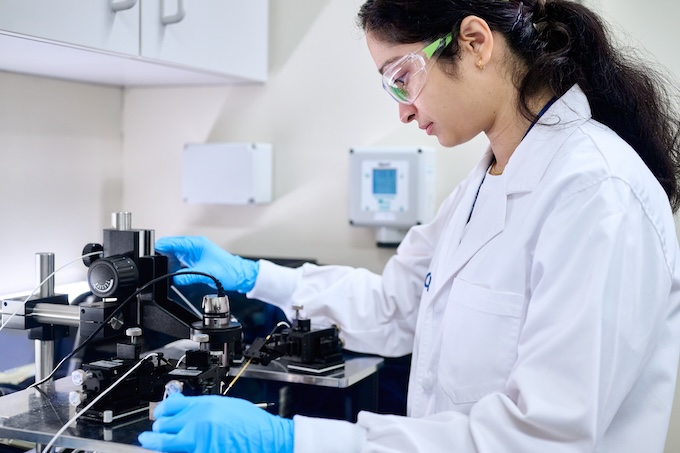
Archer Materials’ April 2025 newsletter covers Nvidia’s new quantum research lab in Boston, IonQ looking to buy quantum-safe encryption specialist ID Quantique, and Amazon Web Services and Microsoft releasing research on their quantum computing chips.
Nvidia’s CEO Jensen Huang announced that the company will be opening a research lab to collaborate with Harvard University and the Massachusetts Institute of Technology on quantum computing in Boston.
The new lab will start operating later this year and it will be called the Nvidia Accelerated Quantum Research Centre (NVAQC). It will also work with other quantum companies such as Quantinuum, Quantum Machines, and QuEra Computing.
Read the full article on InnovationAus
There is some consolidation happening in the quantum sector. Quantum company IonQ is looking to acquire a firm specialising in quantum-safe encryption called ID Quantique for about US$250 million.
IonQ is wanting to grow beyond just its central quantum computing business by also buying the assets from US-based quantum networking company Qubitekk.
Read the article on The Quantum Insider
Amazon Web Services has released its quantum computing chip called Ocelot, which it believes can be scaled up into a working machine.
It has not disclosed when this may happen, but Amazon thinks the chip has sped up the process for building a machine by as much as five years.
Amazon Web Services states that Ocelot only uses nine physical qubits to yield one working logical qubit, rather than about one million to yield a useful number of logical qubits.
Microsoft has unveiled its first quantum computing chip and did so by creating a new state of matter, which it calls a topological state.
In what it is calling Majorana 1, the chip has a semiconductor of eight topological qubits using indium arsenide and uses aluminium as a superconductor. Microsoft achieved this by spraying atom by atom to get the materials to perfectly line up.
Microsoft said that this is why we need a quantum computer, as understanding these materials is incredibly difficult.
Get the latest updates on our breakthrough technologies and research developments. Join thousands of researchers, investors, and technology enthusiasts.